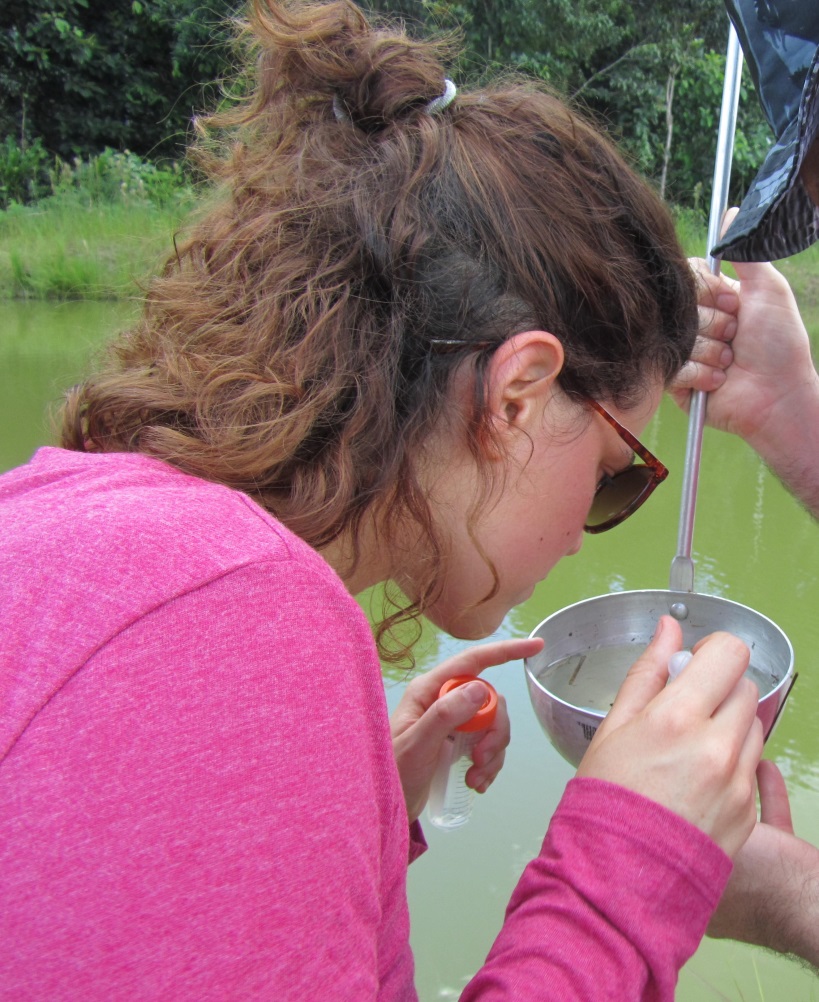Maria Vittoria-Mancini – Research Assistant, Sinkins Lab

Tell me about your background?
I did my PhD in Italy at the University of Camerino, where I studied bacterial symbiosis in Anopheles mosquitoes, and how these mutual and natural associations can be applied in vector (insect host) control strategies. During this time, I performed field studies in the Brazilian Amazon studying the major malaria insect vector in that area and its microbiota. It was an incredibly enlightening experience, which made me really understand the impact and the importance of our research.
Why did you get into this field of research?
My first approach with mosquitoes was at the Imperial College in London, where I did my Master thesis. I got passionate about the hidden complexity of this model since the very first day, which leads me to pursue a carrier in this research field. Since that day, spending most of my time in the insectary is part of my daily routine.
What are you working on?
The main interest of Prof. Sinkins’ lab, here at the CVR, is related to the study of Wolbachia, a bacterium which lives to mutual benefit in the cells of many insects, including mosquitoes. When transinfected in the species where it is not naturally found (this involves using microinjection and cytoplasm transfer between embryos), it is able to inhibit the development of various arboviruses. The extraordinary laboratory evidence of this innovative control strategy is now being used in promising field studies. My work mainly aims to establish Wolbachia transinfected Ae. albopictus and Ae, aegypti mosquito lines to be released in Malaysia for counteracting current arbovirus outbreaks. We are working at the forefront, tackling Zika and Dengue viruses with field interventions directly in badly affected areas.
Why is world mosquito day important?
The World Mosquito Day is crucial for understanding the deadly role of mosquitoes, accounting one million of deaths every year. By increasing the awareness of the importance of mosquito control and encouraging the public to be informed about innovative strategies, the achievements of the scientific research can actually be applied and implemented for saving lives across the world, also in our research field.

